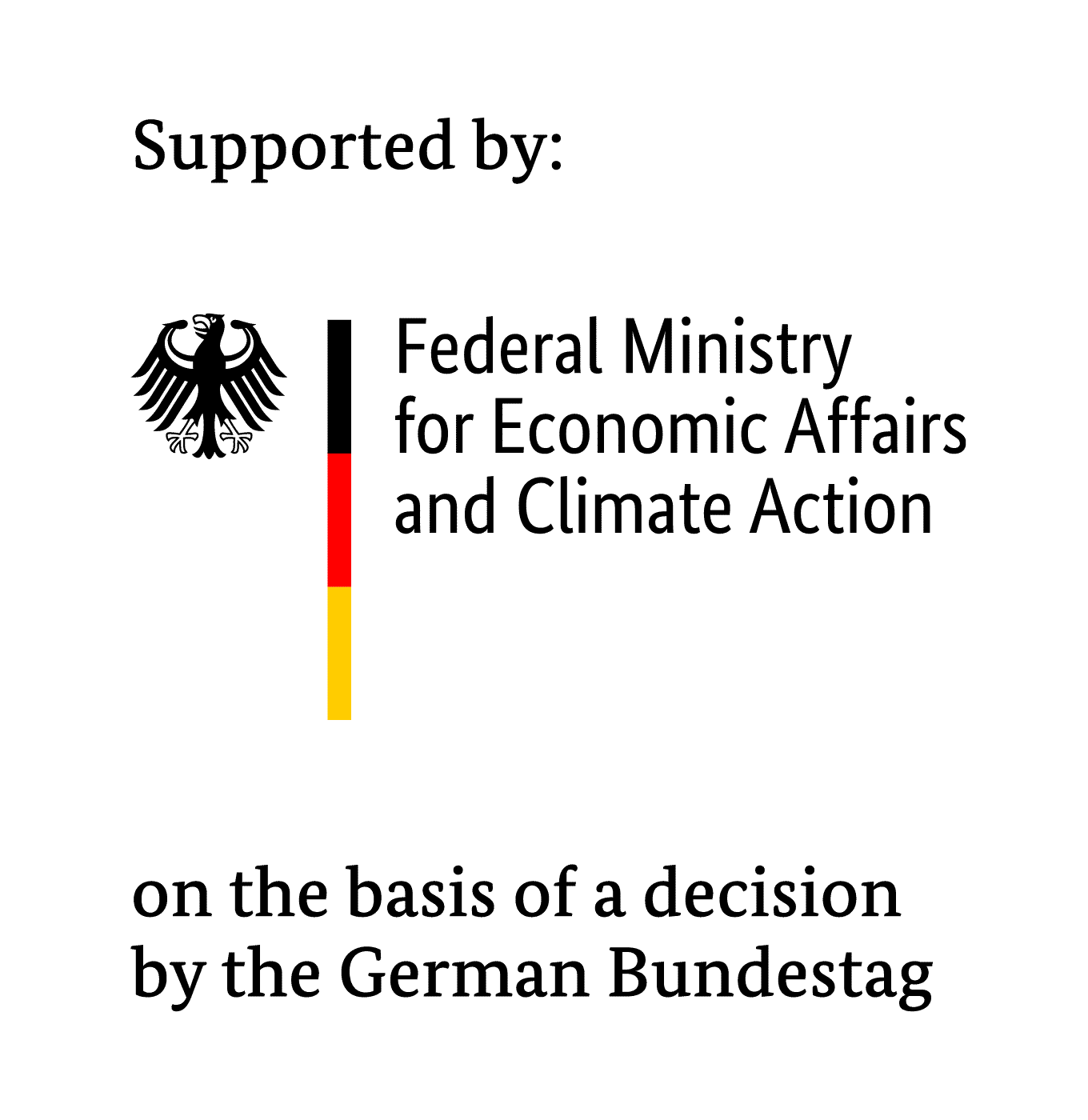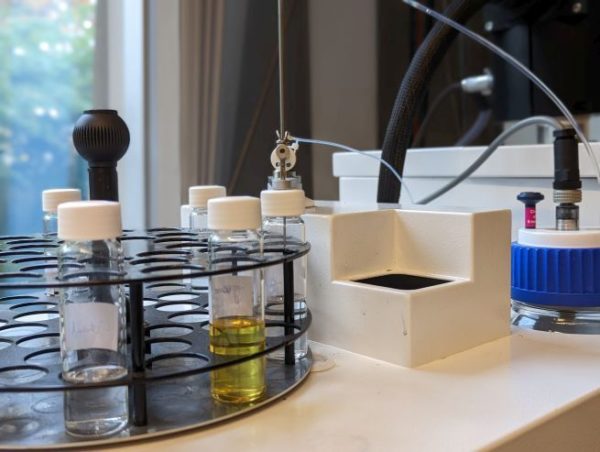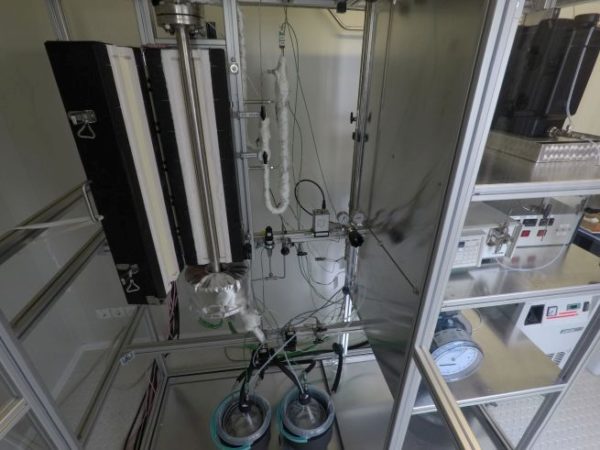Optimization of the production process
11 October 2022 – Methanol-to-gasoline (MtG) is a new, synthetic fuel that could replace mineral oil-based gasoline in the future. OWI Science for Fuels GmbH, TU Bergakademie Freiberg and RWTH Aachen University are investigating the MtG production process for opportunities to optimize the process to produce ideal MtG fuels. MtG already meets the specifications of the EN 228 fuel standard for gasoline and is also expected to meet demanding future quality requirements.
In the methanol-to-gasoline process, methanol, which can be produced synthetically from renewable raw materials such as green hydrogen and CO2 , is further processed into fuel that meets the standards (upgrading). The MtG process enables targeted
optimization of the composition and properties of renewable methanol for engine application as a fuel. The proportion of aromatics and olefins in the climate-neutral fuel should remain as low as possible.
To this end, hydrogenation is to be integrated as an additional reaction step in which aromatics and olefins are saturated with hydrogen. Simultaneous isomerization produces multiply branched iso-paraffins. A low aromatics content of the MtG reduces soot emissions. Multi-branched iso-paraffins are needed to achieve a high octane number of more than 99, which leads to optimum engine efficiencies and minimization of pollutant emissions, such as nitrogen oxides.
The methanol-to-gasoline required for the study is produced in a pilot plant at the Institute of Energy Process Engineering and Chemical Engineering at TU Bergakademie Freiberg. OWI Science for Fuels is investigating the physicochemical properties of the fuel and conducting long-term storage tests as well as tests on the compatibility of the fuel with the materials of engine components. In addition, properties relevant to engine applications, such as ignition behavior and pollutant emissions, are determined in advance. From the analysis data, the researchers derive how to define the properties and materials of the catalyst as well as process conditions in the reactor for optimum fuel quality and yield. The MtG fuel qualities produced under the defined conditions at TU Bergakademie Freiberg are then tested for their performance in a single-cylinder research engine at the Chair of Thermodynamics of Mobile Energy Conversion Systems at RWTH Aachen University.
Synthetically produced methanol-to-gasoline could be a carbon-neutral fuel option for passenger cars. The use of MtG could be a supplement for gasoline-powered vehicles in the fleet, for which only bioethanol is currently available as a regenerative fuel blend. MtG could also be an alternative for hybrid vehicles with electric drives and gasoline engines to further reduce CO2 emissions.
The IGF project (22377 BG) of the research association DGMK German Society for Sustainable Energy Carriers, Mobility and Carbon Cycles e.V.– DGMK, Große Elbstraße 131, 22767 Hamburg, was funded through the AiF as part of the program for promoting joint industrial research (IGF) by the German Federal Ministry for Economic Affairs and Climate Action based on a German Federal Parliament resolution.








